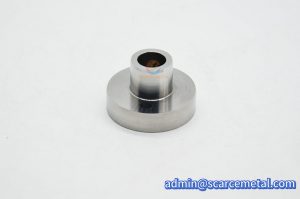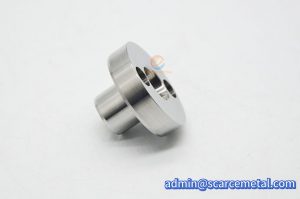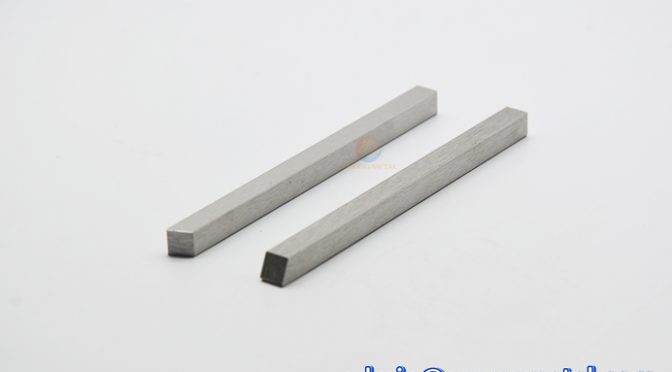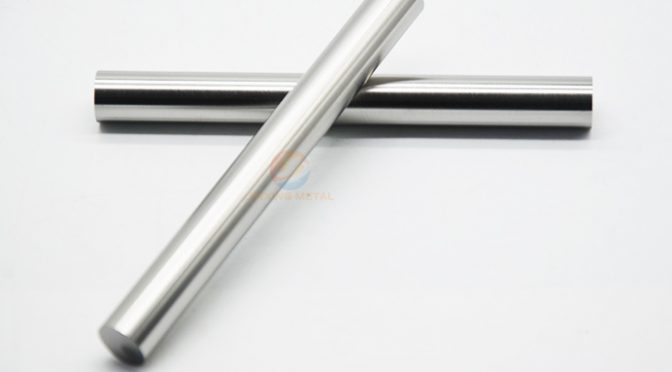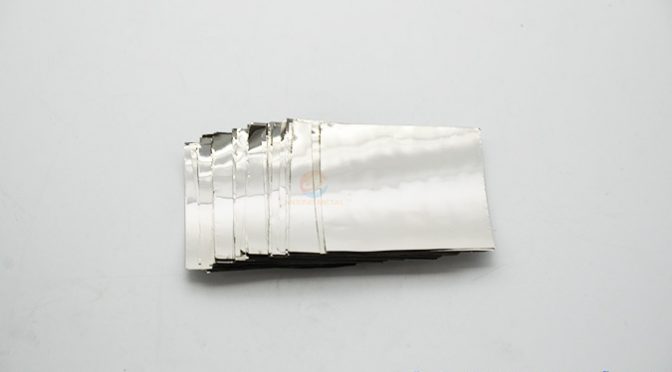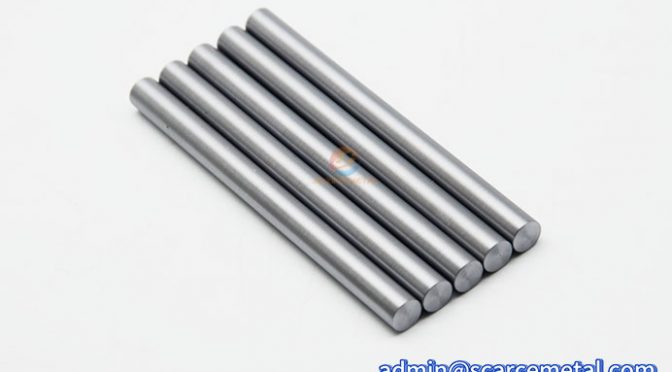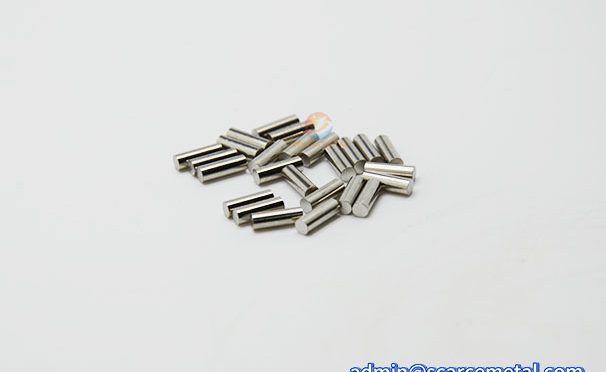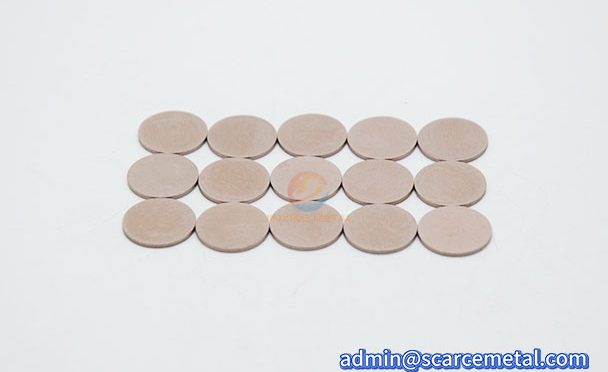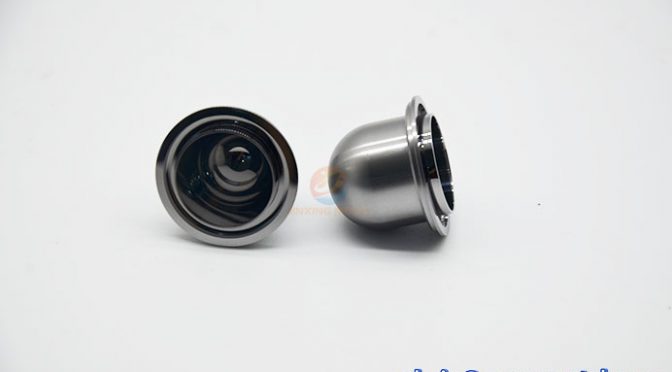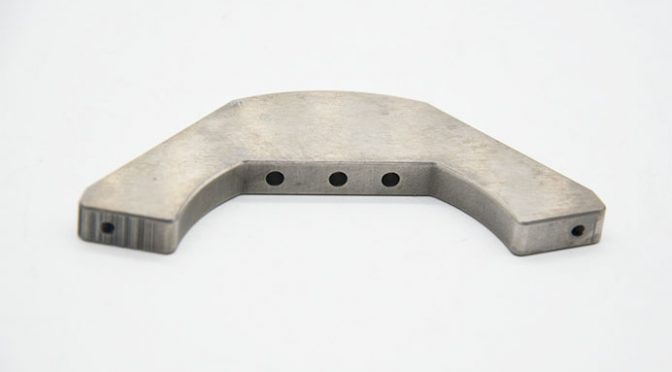Kovar Alloy CNC Machining Part
Overview
Kovar Alloy, containing mainly iron, nickel, and cobalt, has a low thermal expansion coefficient, similar to glass and ceramics. This allows for reliable hermetic seals. Kovar Alloy CNC Machining Parts are crucial for manufacturing high-quality, tight-tolerance parts in electronics, aerospace, and medicine.
Advantage
- The coefficient of thermal expansion is very close to that of insulating materials such as glass and ceramics, making it an ideal choice for connecting metal and insulating materials in electronic packaging.
- Good electrical and thermal conductivity can effectively conduct electricity and dissipate heat, preventing overheating of electronic components.
- Corrosion resistance is superior to that of ordinary iron alloys, oxidation resistance is good at high temperatures, and it is resistant to rust in humid or mildly corrosive environments.
- Excellent dimensional stability, even in temperature fluctuations or long-term use, it can maintain precise geometric shapes and is very durable.
- It can be formed by conventional mechanical processing methods such as cutting, drilling, and grinding, and is suitable for manufacturing parts with complex structures.
- Compared with materials such as pure nickel and titanium alloys, Kovar Alloy has lower costs and mature processing technology, which is suitable for mass production.
Application
Electronics and semiconductors: Kovar Alloy CNC Machining Part is often used to manufacture integrated circuit housings, transistor sockets, metal housings of pressure sensors, and packaging housings of X-ray tubes, which can achieve electrical connection and sealing protection between chips and external circuits.
Aerospace: Used to manufacture satellite payload sensors and high-temperature resistant structural parts of aircraft engines, which can resist high-altitude temperature changes and vibrations to ensure long-term stable operation of equipment.
Optical field: Used to produce support structures for astronomical telescopes and photolithography machine lenses, using the low thermal expansion coefficient of the alloy to offset the impact of temperature changes on the optical path and ensure imaging accuracy.
Medical industry: Used as the core component of medical X-ray machines and industrial non-destructive testing equipment, the thermal conductivity and dimensional stability of Kovar alloy can prevent the target surface from deforming due to high temperature.
Dimension
|
Grade |
Kovar |
|
Process |
Turning, milling, drilling, punching, bending, welding |
|
Size |
Customized |
|
Density |
8.1g/cm3 |
|
Surface |
Polishing, Bright, Ground |
|
Standard |
ASTM F15 |
|
Certification |
ISO 9001 |
Process
CNC machining is a reliable method for producing high-quality, high-volume Kovar parts. Using high-speed, sharp cutting tools and precise edge preparation is key to achieving an excellent surface finish. The precision and automation of CNC machining allow for dimensional accuracy, material savings, reduced post-processing, and just-in-time production, making it indispensable in the aerospace and electronics industries.
①Select high-quality iron-nickel-cobalt alloy materials and make blanks through vacuum precision casting or hot forging.
②Use high-precision CNC lathes with carbide tools for turning, milling and drilling.
③Heat treatment (annealing and aging), surface treatment (electroplating and polishing).
④Strict testing and quality control, such as dimensional tolerance testing, surface quality inspection, etc.
Kovar Alloy CNC Machining Part Pictures
